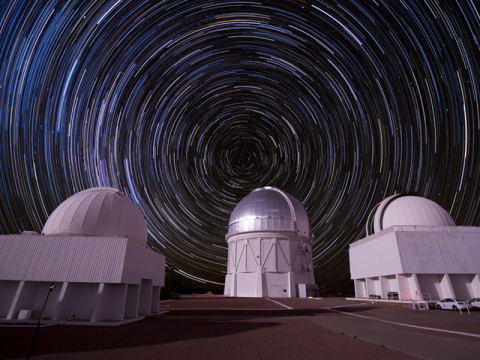
Scientists recognized by the 2019 DOE Office of Science Distinguished Scientists Fellows Award are pursuing answers to science’s biggest questions.
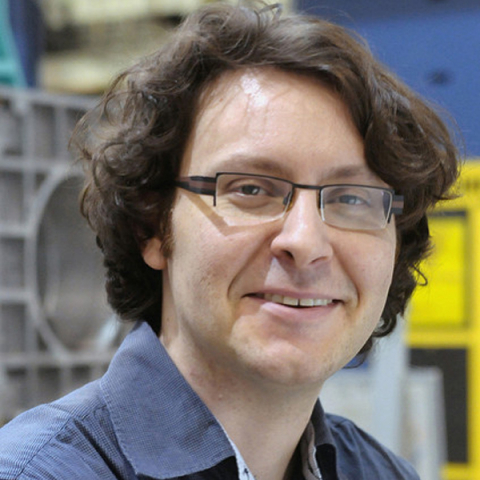
Miceli and his team has a developed a new class of quantum detectors which will greatly expand the accessibility of X-ray spectroscopy.
It reveals an abrupt transition in cuprates where particles give up their individuality. The results flip a popular theory on its head.
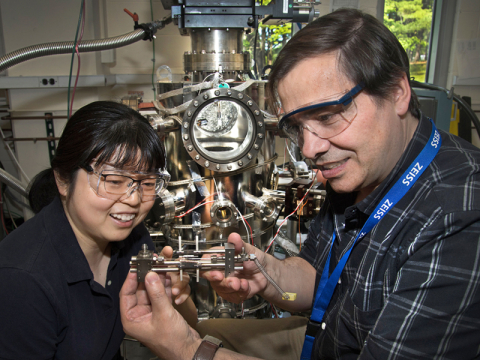
Scientists recognized by the 2019 DOE Office of Science Distinguished Scientists Fellows Award are pursuing answers to science’s biggest questions.
The 2019 DOE Office of Science Distinguished Scientists Fellows Awards recognized some of the most outstanding researchers supported by DOE.
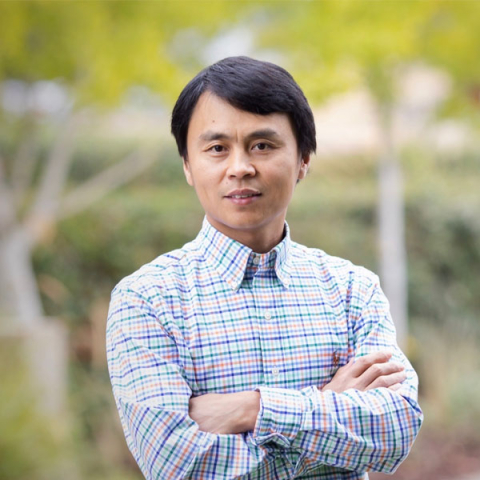
At SLAC, Yuantao Ding has developed new techniques to capture snapshot images of nature’s fastest phenomena on the smallest scale.
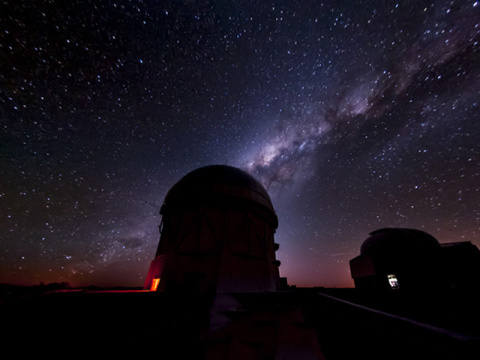
Dark energy is causing the universe to expand ever faster; scientists are working to understand this mysterious phenomenon.
Simple photochemical method takes advantage of quantum mechanics.
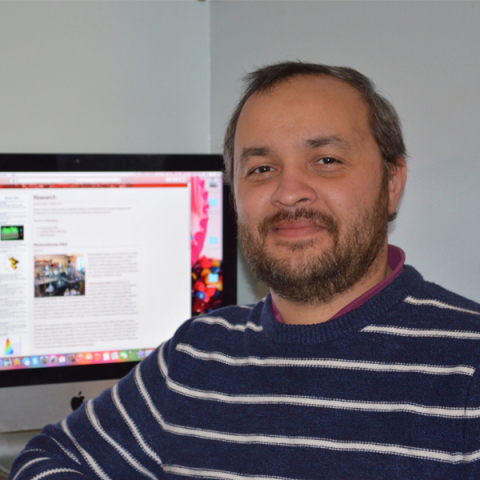
Physicist Ivan Bazarov is making advances in beam quality and brightness at Cornell University’s particle accelerator, the Photoinjector.
Physicists simulate critical “reheating” period that kickstarted the Big Bang in the universe’s first fractions of a second.

